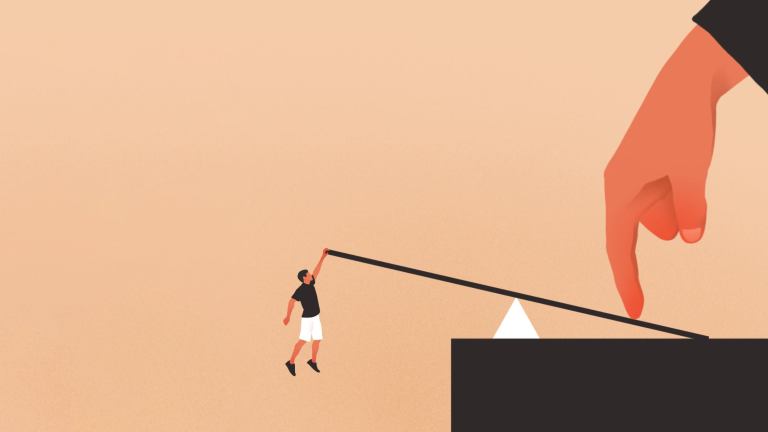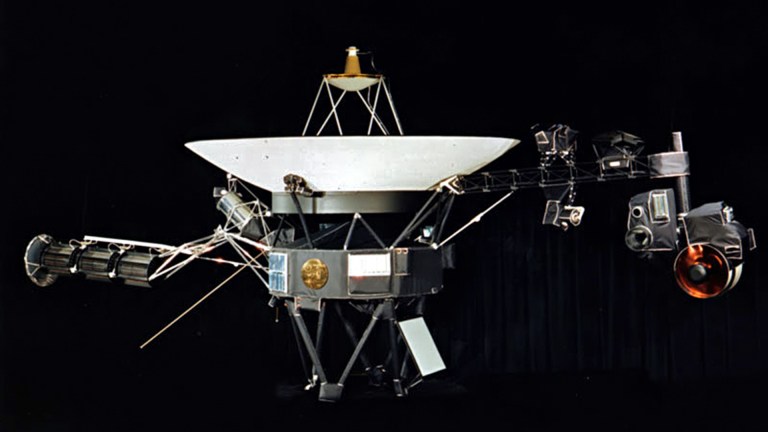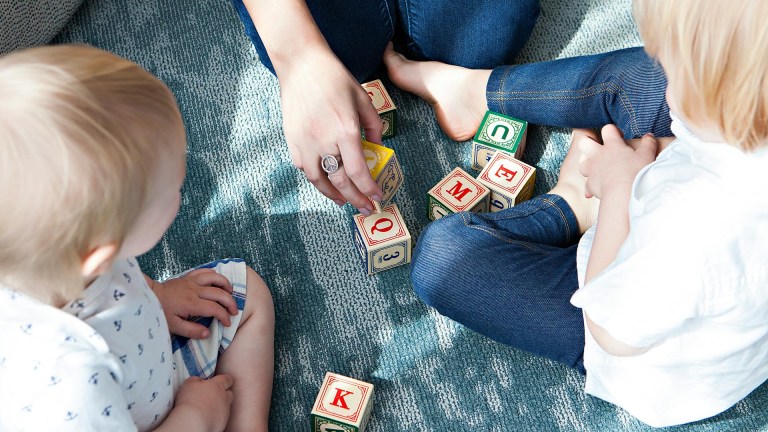From the minute we start asking children what they want to “be” when they grow up, we teach them a fateful lesson: you are what you do. In adulthood, the reinforcement continues in our dinner party banter and in our social media bios. “What do you do?” is often the first question we ask when we meet someone new. Our livelihoods have become our lives.
There are many explanations for how we got here. We could start with the Protestant work ethic or the history of capitalism. We could look at the decline of organised religion and social clubs that has left many people with fewer sources of identity and community beyond the workplace. Or we could point to the rise of LinkedIn and other platforms where we parade around our professional accomplishments for others’ applause. (Perhaps if your last name is Miller or Baker, you might argue that the conflation of work and identity is nothing new.)
On top of this, the pandemic put the risks of a work-centric existence on full display. Some grew disillusioned with their work, while others lost their jobs entirely, which begs the question: if work is your sole source of community, purpose, and identity, and you lose your job, what’s left?
If anything, the pandemic has revealed the holes of placing all of your identity eggs in work’s basket. Even if you were lucky enough to have stable employment over the past few years, your relationship with your job likely changed. People who treated the office as their primary social hub were forced to reckon with the loss of that community. Others who rediscovered the joy of a commute-free life with leisurely lunches and walks around the block are now figuring out what their lives look like in a hybrid world.
There is nothing wrong with looking to work as a source of identity and meaning, but it’s risky when work becomes your sole source. While writing my book, I’ve learned a few tactics about diversifying your identity so that you might be more resilient in the face of change.
Identities are like plants — they require both time and energy to grow. One of the risks of a work-centric existence is that our jobs don’t just take our best hours, but our best energy too. If we want to cultivate sides of ourselves beyond the professional, we must actively invest in them with our attention, which requires carving out space in our days and weeks where work isn’t an option. One of the benefits of, say, going for a run or going to a yoga class is that they provide structural protections against work’s sneaky tendency to seep into all our unoccupied space.









